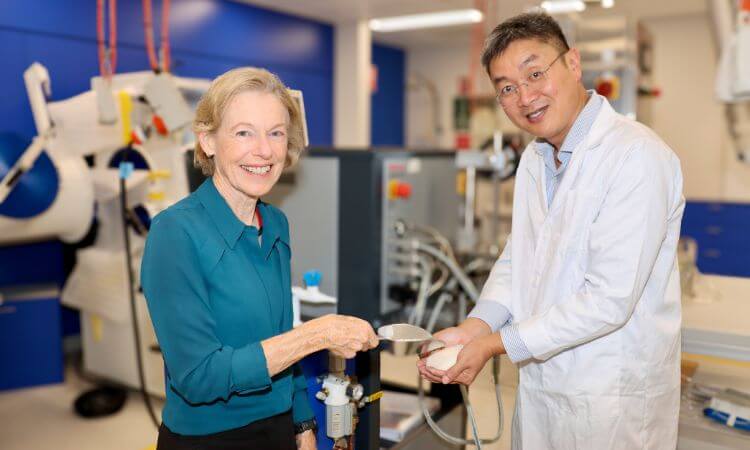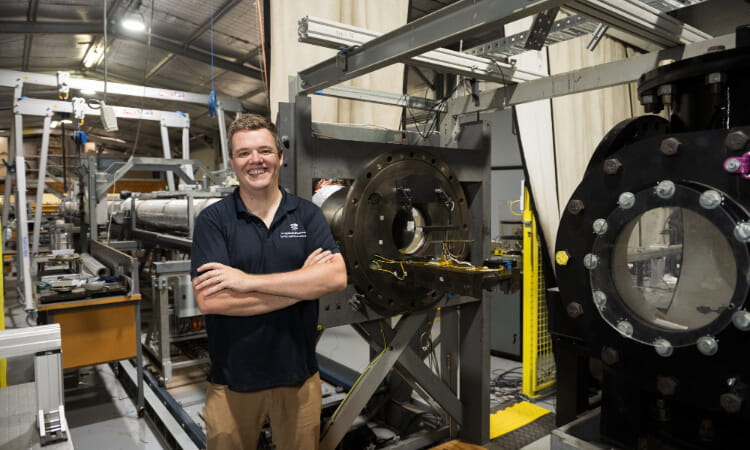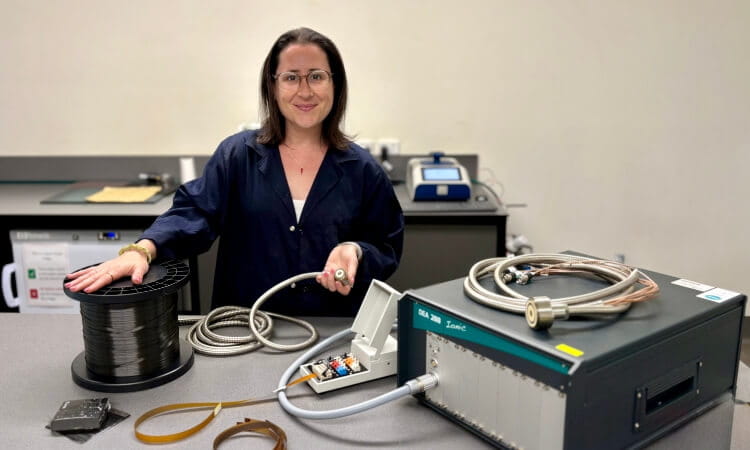UniSQ tackling plastic waste and methane emissions

The University of Southern Queensland is a partner on two successful Cooperative Research Centre proposals – the Solving Plastics Waste CRC and Zero Net Emissions Agriculture CRC – supported by the Federal Government.
The new large-scale research centres will engage multiple UniSQ staff and benefit from more than $315 million in cash and in-kind contributions from project partners.
Professor (Materials and Manufacturing) Hao Wang will serve as the Solving Plastic Waste CRC Deputy Research Director, tasked with pulling together research teams to make the best possible contribution to solving plastics waste.
UniSQ will work with the plastic sector to transform how plastics are designed, manufactured, used and recycled.
Business Manager (Research Partnerships) Dr Cynthia Cliff said the Solving Plastic Waste CRC will leverage UniSQ’s unique problem-solving capacities in future materials, life sciences, the environment, resilient regions, and future learning.
“This is an exciting opportunity to work on a pressing and significant problem that impacts every facet of our lives,” Dr Cliff said.
“Ending plastic waste can only be solved by a concerted effort that involves policy, science, and industry working in step.
“We have quite an extensive list of UniSQ academics whose expertise is relevant to almost every facet of activity proposed for the CRC.”
The Zero Net Emissions Agriculture CRC aims to develop further and scale up technologies to reduce methane emissions from grazing cattle and sheep and improve crop quality and production.
Director (Centre for Agricultural Engineering) Professor Bernadette McCabe said UniSQ researchers would work with CRC partners to implement net zero pathways that reduce emissions while maintaining and improving agriculture business profitability.
“Research opportunities for UniSQ include new technologies to valorise residue streams and integration of renewable energy,” Professor McCabe said.
“For broad acre cropping and mixed farming systems, we will also develop solutions to reduce nitrous oxide, including low emissions fertilisers.
“UniSQ’s involvement in the Zero Net Emissions Agriculture CRC represents a great opportunity to draw on our expansive research expertise in Ag tech, business and the environment”.
The CRC will lead industry, community and government action to achieve Zero Net Emissions from agriculture by 2040.



